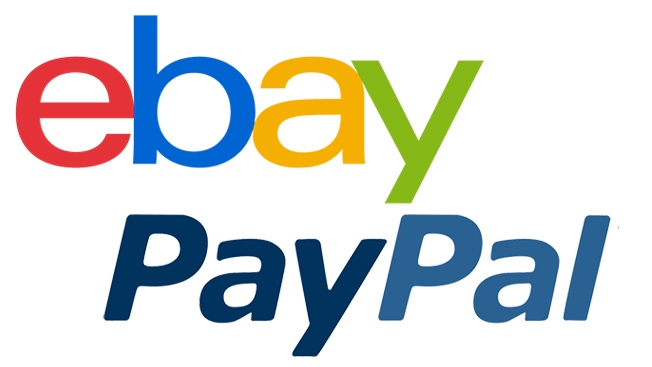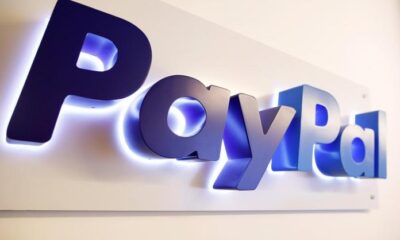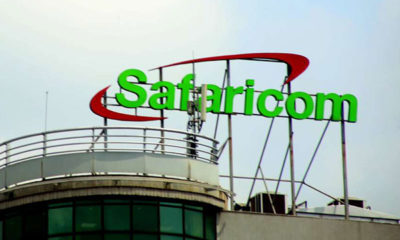Oando PLC has completed the acquisition of 100% of the shares of Nigerian Agip Oil Company Limited (NAOC Ltd).
The Nigerian Upstream Petroleum Regulatory Commission (NUPRC) confirmed the completion of the deal on Wednesday.
NUPRC Chief Executive, Engineer Gbenga Komolafe, made the announcement at the ongoing Oil and Gas Energy Week in Abuja, a significant event sponsored by the Nigerian National Petroleum Company (NNPC) Limited and other industry stakeholders.
The acquisition marks a significant milestone for Oando, a leading indigenous energy solutions provider, solidifying its position in Nigeria’s oil and gas sector.
“This acquisition is a testament to Oando’s commitment to expanding its footprint in the upstream sector,” said Komolafe. “The divestment agreement with ENI, which includes the full acquisition of NAOC Ltd, has been successfully finalized, and we look forward to the signing ceremony in the coming days.”
The NAOC deal is part of a broader wave of acquisitions and divestments within Nigeria’s oil industry, reflecting a dynamic shift in the sector.
Alongside Oando’s acquisition, other major transactions include Equinor’s completed deal with Project Odinmin and the ongoing due diligence for Shell Petroleum Development Company of Nigeria Limited’s (SPDC) transaction with the Renaissance Consortium.
Seplat Energy Offshore Limited is also advancing its proposed takeover of ExxonMobil Nigeria’s offshore shallow water operations, pending ministerial consent.
Oando’s acquisition of NAOC significantly boosts its operational capacity, increasing its participating interests in key Oil Mining Leases (OMLs) from 20% to 40%.
This strategic move not only enhances Oando’s production capabilities but also positions the company to leverage new opportunities in Nigeria’s oil-rich regions.
The NUPRC has emphasized the importance of adhering to regulatory frameworks to ensure smooth transitions and protect national interests.
Komolafe highlighted that while divestments are the right of investors, they must be conducted within the rule of law and best practices to avoid the pitfalls experienced by other countries.
“Countries like Brazil, Canada, and the UK have faced challenges with divestments that were not well-managed,” Komolafe noted. “We aim to avoid similar issues by ensuring that divestments in Nigeria are carried out with thorough due diligence, safeguarding financial capacity, technical capability, and environmental responsibilities.”
Oando’s acquisition aligns with Nigeria’s broader energy strategy, which includes diversifying its energy portfolio and attracting foreign investment.
The country is also focusing on becoming a hub for green hydrogen production, leveraging its abundant solar radiation to support Europe’s energy needs.
As Oando takes the helm of NAOC, the company is expected to drive initiatives that enhance oil production and contribute to sustainable energy solutions.


 Billionaire Watch3 weeks ago
Billionaire Watch3 weeks ago
 Startups4 weeks ago
Startups4 weeks ago
 News4 weeks ago
News4 weeks ago
 News4 weeks ago
News4 weeks ago
 Bitcoin4 weeks ago
Bitcoin4 weeks ago
 Naira4 weeks ago
Naira4 weeks ago
 Forex3 weeks ago
Forex3 weeks ago
 Treasury Bills4 weeks ago
Treasury Bills4 weeks ago




















